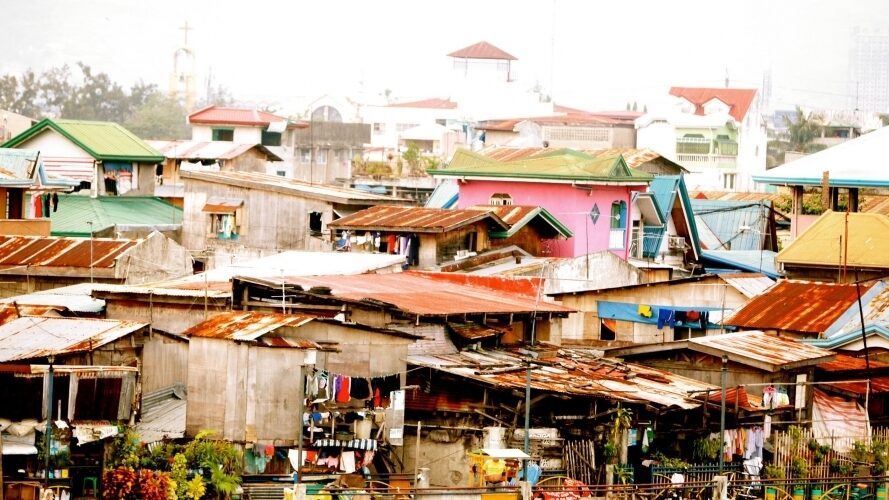Wave of Rulings Ushers in Justice for Vulnerable Children
Online Sexual Exploitation of Children (OSEC)
In just the first month of the year, bold judgments in Philippine courts are protecting children across the country—and global collaboration is tackling a form of modern slavery that was unimaginable before the digital age.
January’s trafficking convictions, secured in courts across the Philippines, held four Filipina women accountable for abusing and exploiting children, and sharing that abuse with predators around the world who were willing to pay.
The Philippine government receives thousands of cybersex trafficking case referrals like these every month—cases in which paying customers around the world can easily connect online with an adult in the Philippines who has access to vulnerable children. With just an internet connection and a webcam or mobile device, these traffickers in the Philippines abuse boys and girls, or force them to perform sex acts, for the foreign customers who are paying to watch.
Tragically, the cases reaching judgment last month represent more than a dozen young survivors—the youngest only 3 years old.
“Before, I felt hurt, ashamed, angry and sad,” said Alejandra*, as she heard news that her trafficker had pled guilty. “Now that I was able to talk with [the convicted trafficker] and she asked for forgiveness, I feel happy and lightness in my heart.” She added that she is committed to healing and reaching for her dream of becoming an engineer.
Gabrielle*, whose mother pled guilty to trafficking and child pornography charges, shared that her prayer was answered when she was 15—when IJM and officers from the Philippine National Police were able to find and rescue her. “I prayed that the abuse would stop,” she said in her native language of Cebuano. “[The abuse] started five years before I was rescued.”
Tackling Modern Slavery, One Case at a Time
For Gabrielle, her escape from this world of abuse started in Australia, as the Australian Federal Police arrested a man who allegedly solicited exploitative materials of children online. When police uncovered that he had been wiring money to a woman in the Philippines in exchange for explicit materials showing her teenage daughter, they immediately referred the case to the Philippine government.
IJM supported Philippine authorities as they built a case against the woman, and in May 2017, police caught her in the act of offering to sexually exploit Gabrielle in exchange for money from another foreigner online. Police quickly rescued Gabrielle and arrested her mother.
The other cybersex trafficking cases that ended with convictions this month are heartbreakingly similar. A January 25 ruling held two women accountable after they pled guilty to trafficking and child abuse. On the day the women were arrested, police brought six children between the ages of 1 and 10 to safety. Following the ruling, Assistant City Prosecutor Fiscal Jasmin Diaz shared, "I am happy with the outcome of this case. The survivors can now have a sense of justice, which I hope would help them in their journey towards recovery and healing."
A January 31 ruling sentenced another young woman to 15 years in prison after she pled guilty to trafficking two girls.
A New Reality of Accountability for Traffickers
Securing strong convictions and meaningful sentences are critical to deterring other would-be criminals from trafficking vulnerable children. This movement in the Philippine courts is a sign that the country remains committed to stopping this form of modern slavery—even when the cases are complicated, involving young children exploited by their family and neighbors, and require international collaboration to build strong cases.